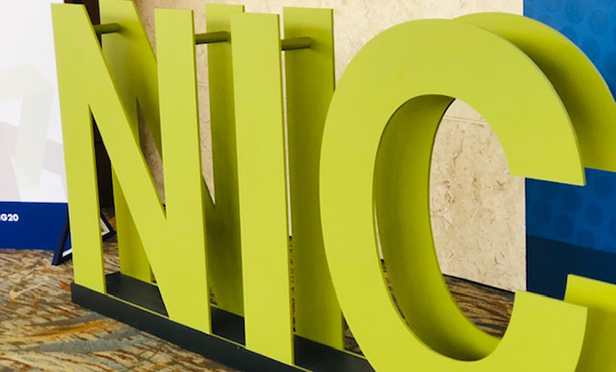SAN DIEGO—Attendees that attended the NIC Spring Conference here in San Diego learned that using video to bring physicians or specialists into patients' residential settings does generate equivalent outcomes to physical appointments. In fact, according to the Telehealth panel held Wednesday afternoon, the use of telehealth services will change how staff, residents, and health care providers interact, impacting staffing, cost of care, site of care, and investment returns.
Panelists note that the adoption of telehealth is rising and use cases are expanding, all driven by advances in technology, the removal of legal and regulatory roadblocks, and increasing pressure to improve outcomes at lower cost.
Hassle of transportation or the well-known risks of hospital visits were key in the telehealth discussion as well as the follow up sessions at the NIC Conference.
For example, in another panel, Robert Kramer, NIC founder and strategic advisor, said that seniors housing operations have the ability to assist residents to overcome any technology hurdles and should seriously consider partnering with telehealth market innovators to keep their population safer and healthier.
"We look to the future, now, and especially the next three to five years, we need to look at the drive to home. We need to look at the desire more and more and have things that are convenient and most of all, that means having care in your home," said Kramer. "This drive to home in terms of healthcare is what consumer's desire and what technology makes possible."
In the future, healthcare will go to where seniors, especially frail seniors, live rather than forcing these seniors to go to the hospital or doctor's office to receive their healthcare, Kramer said. "Boomer consumers will demand it, technology will enable it, and payers (managed care) will pay for it because they believe it will produce meaningful healthcare dollar savings."
Stay tuned for more coverage from the NIC conference in the coming days.
© Touchpoint Markets, All Rights Reserved. Request academic re-use from www.copyright.com. All other uses, submit a request to [email protected]. For more inforrmation visit Asset & Logo Licensing.








